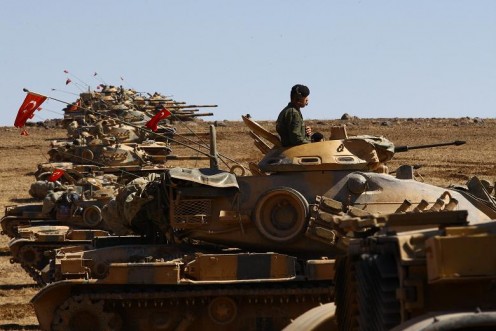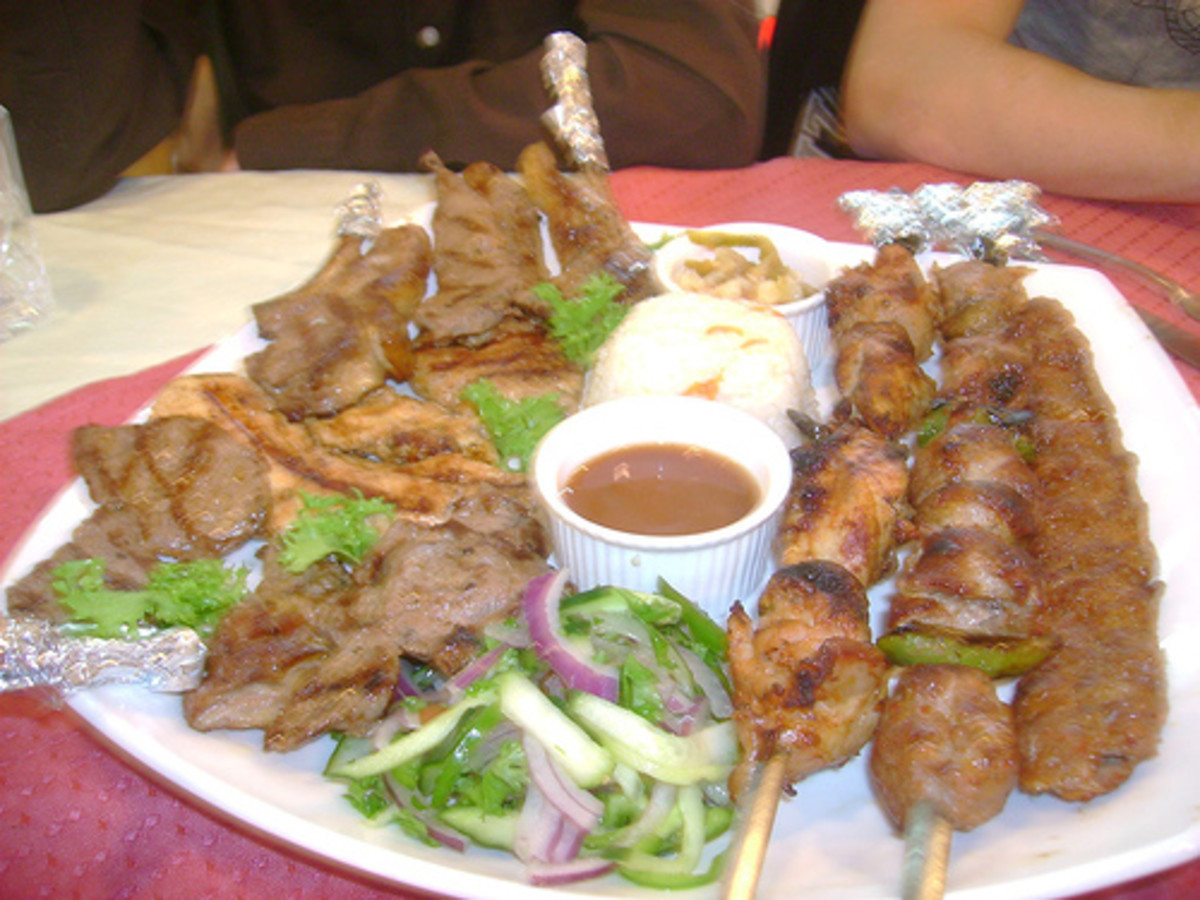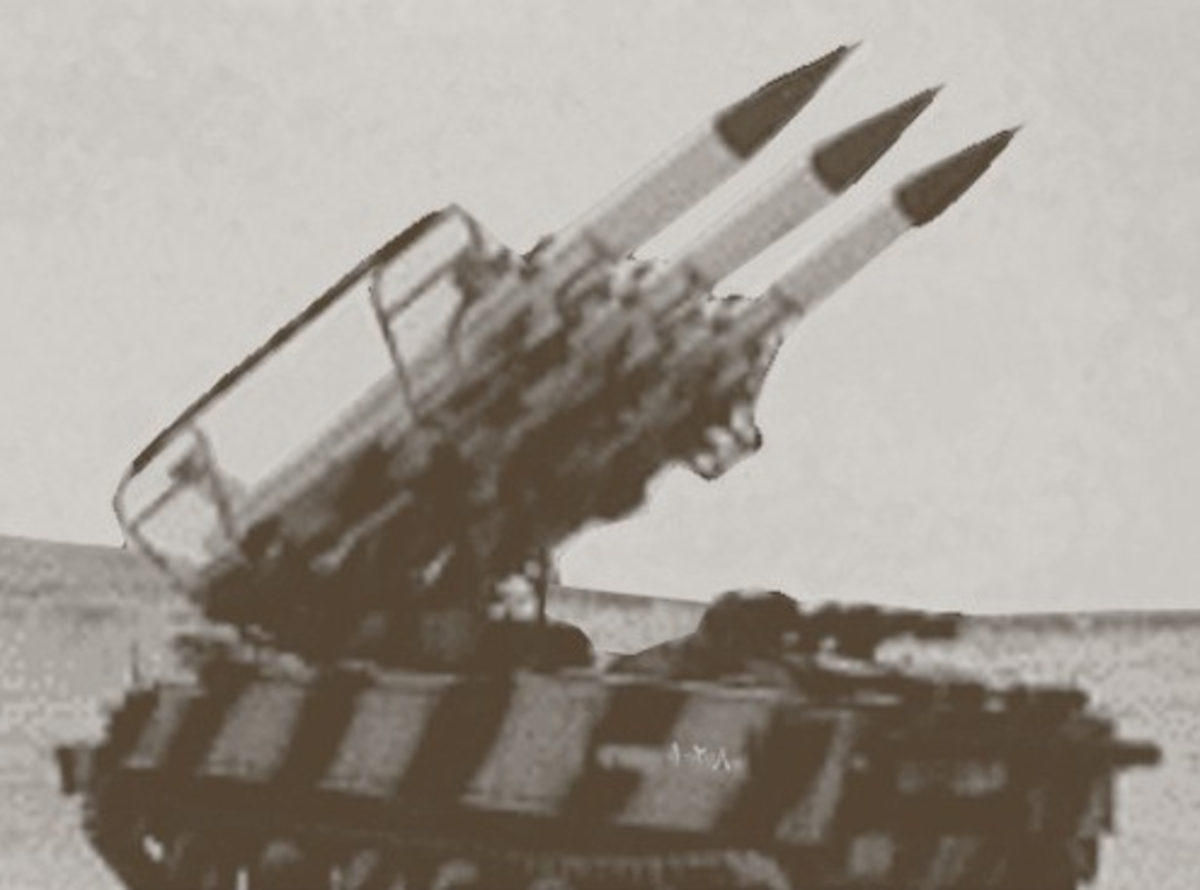Kobani: Turkey's Stunning Checkmate
ISIS in Kobani: An Imminent Threat, or A Welcome Opportunity?
Kobani is now facing what Syrian intelligence officer Rooz Bahjat has promised will be "a terrible slaughter" as ISIS marches forward into the Turkish/Syrian border town. Given ISIS' history of violence in the region, there is no doubt that the scene will be one of mass genocide; Bahjat estimates upwards of 5,000 casualties within "24 or 36 hours" if the Islamic State is successful in capturing the city, which is currently populated by over 50,000 civilians, including Turkish, Kurdish, Christian, and Arab refugees.
The U.S. and coalition airstrikes this past Monday and Tuesday have done nothing to stop ISIS' advance towards the Turkish border, but Turkey doesn't seem worried; in fact, quite the opposite. Ankara has denied military assistance to Kobani, even as Turkish President Tayyip Erdogan admits that it is going to take a lot more than airstrikes to stop ISIS. Why?
Because ISIS' advance into Kobani is the bargaining chip Turkey has been waiting for all along.

The Ultimate Checkmate
"The problem of ISIS (Islamic State) ... cannot be solved via air bombardment. Right now ... Kobani is about to fall. We had warned the West. We wanted three things. No-fly zone, a secure zone parallel to that, and the training of moderate Syrian rebels." ~ Turkish President Tayyip Erdogan
According to an October 8th RT report, Mehmet Aksoy from the UK Kurdish Assembly explained that Turkey is doing all it can to avoid a Kurdish foothold in Northern Syria because it fears that Kurdish self-governance would cause an "adverse effect" on the Kurds within Turkey, and destabilize that nation. In fact, according to Aksoy, Turkey has provided ISIS with tanks and missiles as recently as September 17th.
Turkey's fears are not unfounded; the Kurds are aggressively pushing for complete autonomy within all regions of Turkey, Iraq, Iran and Syria. If Turkey were to allow Turkish Kurds to enter Syria and fight ISIS, they would become armed and trained; a Kurdish victory in Kobani would serve to rally the efforts of Kurds everywhere, a threat that Turkey is not willing to entertain.
However, Turkish tanks are aligned against its Syrian border, as Turkey plays a complicated game with the West - on the one hand, Turkey could intervene in order to avoid a Kurdish victory, but on the other, Turkey promises to help fight ISIS if the U.S. and coalition forces mobilize against Assad, a move that no Western power wants to make; putting the coalition forces right where Turkey wants them - damned if they do, damned if they don't.

Speak Out!
Should coalition forces agree to take on Assad in order to get Turkish assistance against ISIS?
The U.S. and The Kurds: A History of 'Betrayal'
It was Woodrow Wilson's 14 Points that inspired Kurdish rebel leader Sheikh Mahmoud Barzanji nearly 100 years ago to seek Kurdish independence; although the Allies agreed to help create an independent Kurdistan in the 1920 Treaty of Sevres, by 1923's Treaty of Lausanne, the international community had abandoned the Kurds in favor of Kemal Attaturk’s Turkey. Thus began the Kurds' fight for autonomy.
After years of seeking independence from Iraq, the Kurds received their first indirect support from the U.S. during the 1970s; when Iraq aligned with the Soviet Union in 1972, the Shah of Iran pressured the U.S. to arm the Kurds with Soviet weapons seized in Egypt. But when Iran and Iraq made peace during the 1975 Algiers Accord, the Iranians ceased support for the Kurds, and the Kurdish uprising was, once again, deterred.
Skip to the end of the First Gulf War; backed up by American reassurances, the Kurds rose up against Saddam Hussein for the third time. Hussein retaliated, sending ground troops that slaughtered thousands of villagers, and made refugees of more than 1.5 million Kurds who escaped to Turkey. Neither U.S. troops nor arms ever reached the Kurdish rebels, although U.S. airstrikes helped push Hussein back to Kirkuk, establishing a no-fly zone that lasted until the Second Gulf War.
Fighting side by side with American forces in 2003, the Kurds were convinced that their efforts would finally result in U.S. support for Kurdish independence; instead, they were eventually disarmed and compelled to accept the new Iraqi government. The Maliki administration proved to be oppressive to the Kurdish minority, and by the end of 2011, the Kurdish peshmerga faced Iraqi forces over an oil dispute.
But by 2013, Sunni extremists had taken over Fallujah, and in the summer of 2014, Mosul and Tikrit were taken over by ISIS; the Iraqi army receded to Baghdad, and the Kurds took over Kirkuk and its oil refinery. However, because the U.S. refused to arm the Kurds and Baghdad refused to share arms with peshmerga, Kurdish forces were left depleted and unable to oppose ISIS' advancement into the Kurdish capital of Erbil. President Obama stepped in, not only bombing ISIS, but pledging to defend Erbil and - notably - to arm the Kurds directly.
Which brings us to the question of Kobani.
Pawns for the Endgame
If the U.S. defends the Kurds in Kobani, it risks enraging its Turkish allies and encouraging a violent backlash from ISIS forces; if the U.S. does not defend the Kurds, it is quite possible that the ensuing slaughter would create a Kurdish enemy that would conceivably rise up against the U.S. in the foreseeable future.
Turkey's aim is evident: to work in concert with Saudi Arabia and Qatar to displace the Assad regime in Syria, and eventually, to bring about an exclusively Sunni region. Turkish foreign minister Ahmet Davutoglu recently proclaimed before the Turkish parliament that Turkey "will be the owner, pioneer and the servant of this new Middle East."
How this will be achieved isn't clear; but if it depends on U.S. military might to bring it about, what the U.S. stands to lose is obvious.








